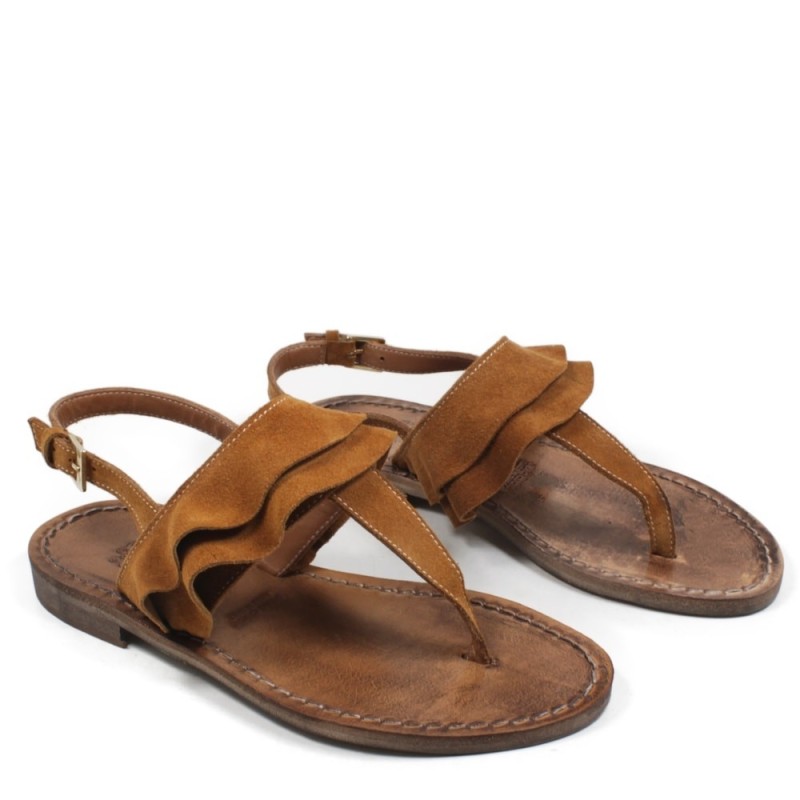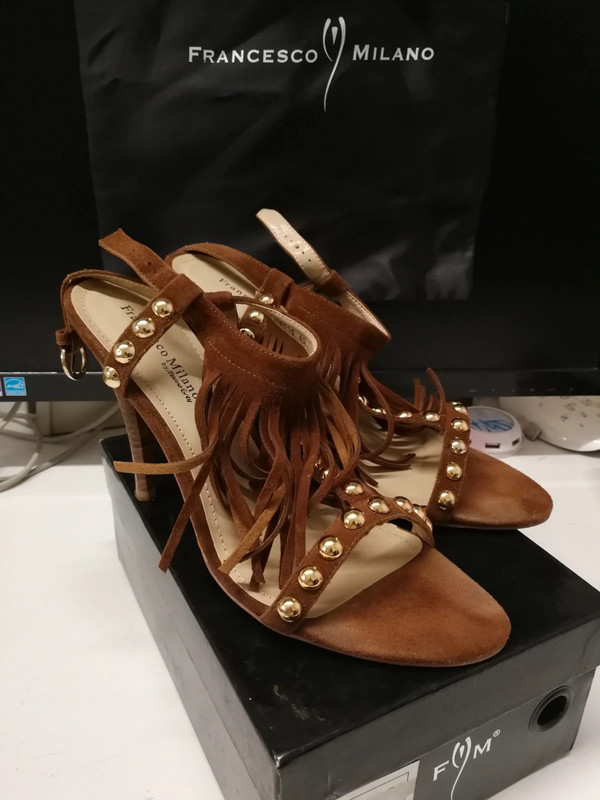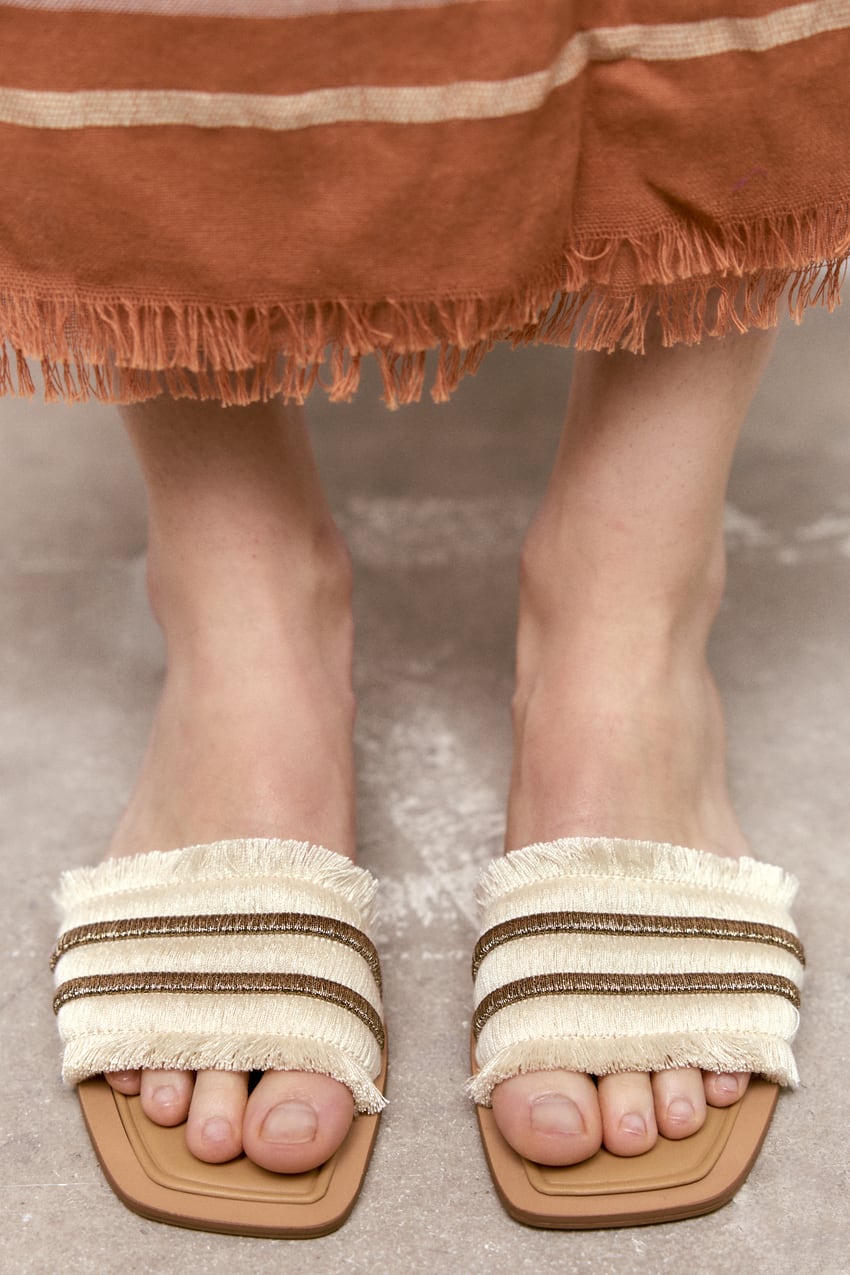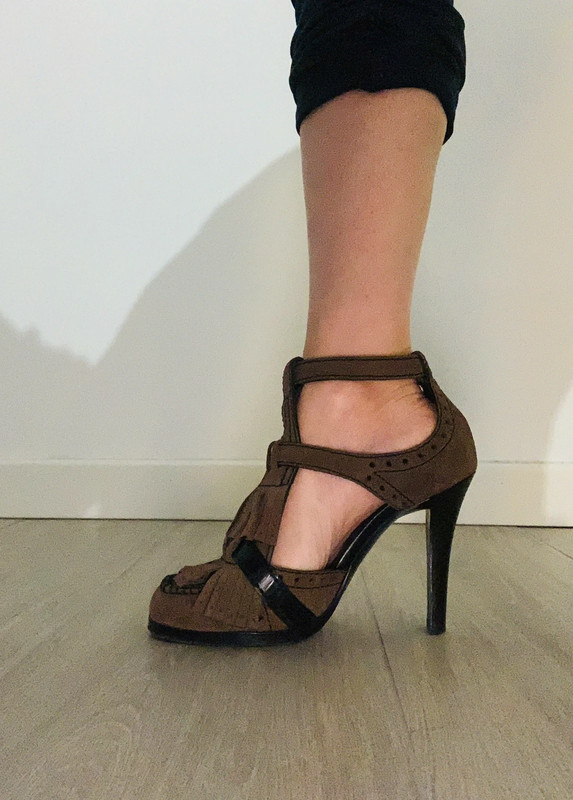
Sandali Da Donna Con Stampa Leopardata Con Frange, Sandali Infradito Piatti Con Cinturino Con Fibbia In Stile Tribale, Scarpe Antiscivolo Da Esterno - Temu Italy

Sandali Con Frange Da Donna, Scarpe Estive Casuali Senza Tacco, Sandali Leggeri Senza Tacco - Temu Italy

Sandali Con Frange Da Donna, Sandali Piatti Con Design Alla Moda A Maglia Vuota, Scarpe Estive Leggere - Temu Italy

Sandali Con Tacco A Frange Da Donna, Con Punta Aperta E Tacco Grosso A Blocchi, Sandali Con Cerniera Posteriore Alla Moda - Temu Italy

Stivali Metà Polpaccio Con Tacco Sandali Rosa Tacco Medio Stivali Donna Senza Tacco Sandali Tacco Largo Basso Sandalo Argento Tacco Basso Stivali Sopra Ginocchio Decollete Argento Tacco Largo Don : Amazon.it: Giardino

Sandali da donna, alla moda, casual, con frange, con punta aperta, (cachi), 37.5 EU : Amazon.it: Moda

Sandali Con Frange E Decorazioni In Strass Per Donne, Con Fondo Spesso, Cinturino Elastico Alla Caviglia E Infradito, Scarpe Estive Per Le Vacanze - Temu Italy

Sandali da donna, alla moda, casual, con frange, con punta aperta, (cachi), 37.5 EU : Amazon.it: Moda
























![Miu Miu 8118I Sandali Donna frange Scarpe Sandals Shoes Women [40]: Amazon.co.uk: Fashion Miu Miu 8118I Sandali Donna frange Scarpe Sandals Shoes Women [40]: Amazon.co.uk: Fashion](https://m.media-amazon.com/images/I/81KYlXgtTIL._AC_UY580_.jpg)


















